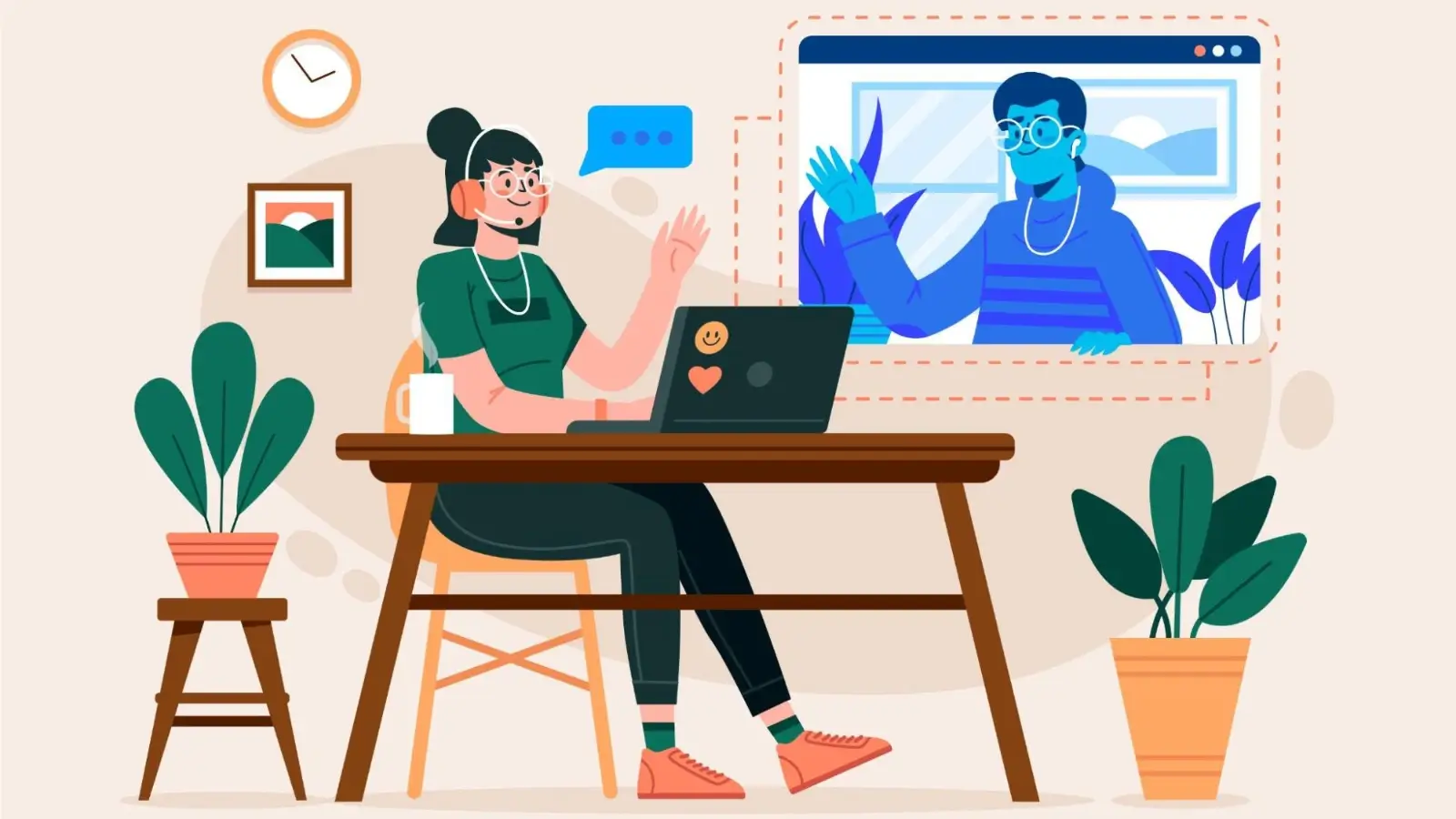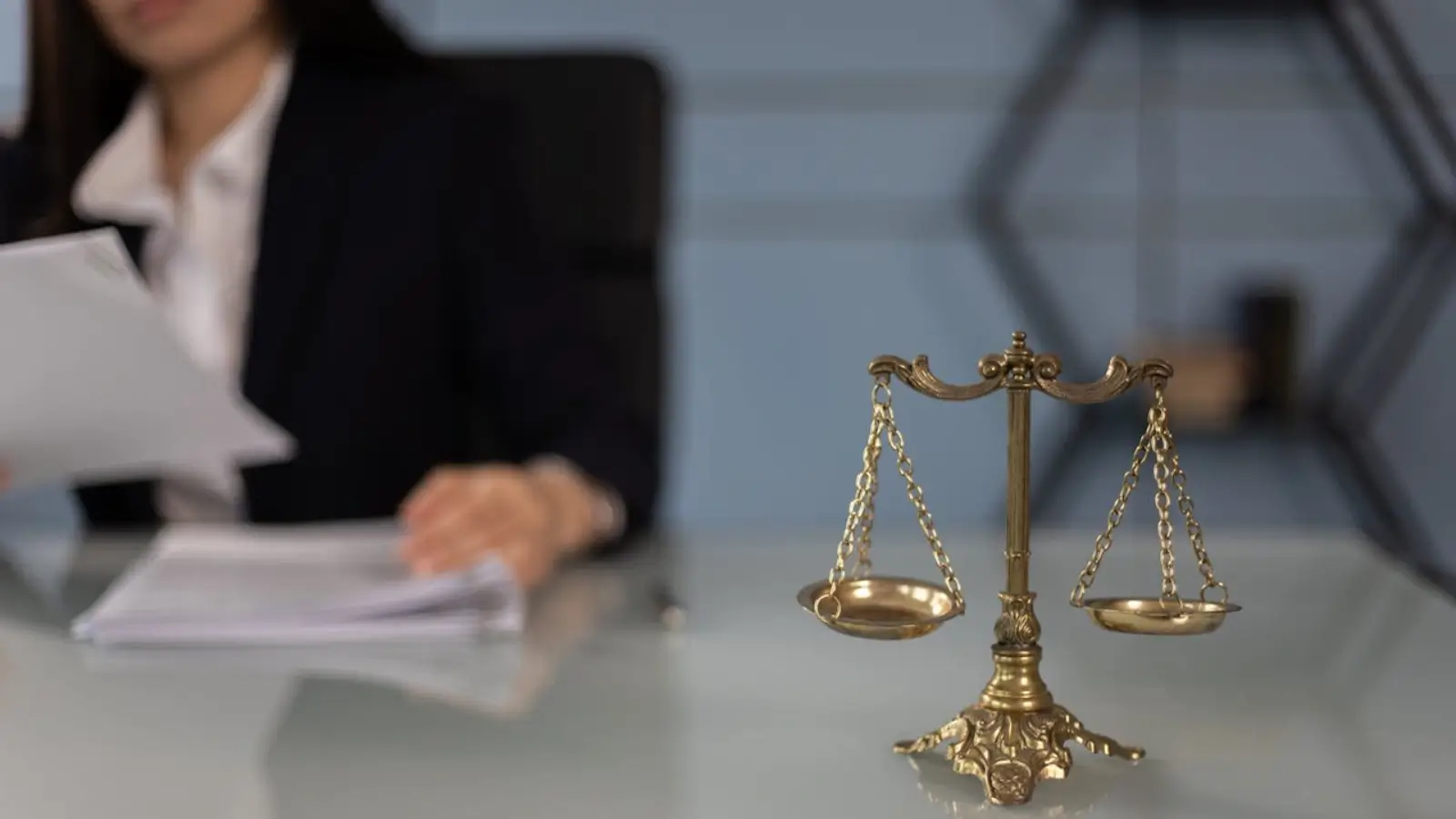You’re rear-ended on I-95. You trip over a broken step in a Jacksonville mall. You slip on spilled juice in a Publix aisle. You’re hit by a distracted driver while biking in Tampa.
All these accidents have two things in common: another person’s negligence may have caused them, and Florida law allows you to hold them accountable. In legal terms, they are called personal injury accidents.
If you’ve been injured in any one of these situations, you may be entitled to compensation for medical bills, pain and suffering, lost wages, emotional distress, and more. This article will guide you through the personal injury process, what to expect, and how to maximize your claim.
How Much Is Your Case Worth?
"Serious injuries bring serious consequences—financial, physical, and emotional. A well-prepared personal injury claim should reflect the full scope of those losses," says personal injury lawyer Christopher Largey of Largey Law.
Every personal injury case has a dollar amount attached to it. But figuring out what your case is actually worth is not as simple as adding up the bills. In the real world, one person may walk away with a settlement covering a few months of medical bills, while another may secure a multi-million dollar payout.
Insurance companies probably won't tell you this, but several factors determine how much you can recover:
-
Severity of injuries: A minor injury might mean weeks of recovery, but a permanent disability can change your life forever. Your payout should reflect that.
-
Lost income: If you’re unable to work due to the injury, your claim should cover every paycheck you miss and potential future earnings lost due to long-term injuries.
-
Medical expenses: Hospital stays, surgeries, physical therapy, and even transportation to medical appointments all contribute to your claim’s value.
-
Pain and suffering: Courts recognize that injuries come with lasting emotional and psychological effects, which are factored into compensation.
-
Comparative negligence: Under Florida law, if you’re partially at fault for your accident, your payout is reduced by your percentage of fault.
Florida Personal Injury Laws You Should Know
Now that you understand what entails determining the value of your claim, the next question is: Are you even eligible to seek compensation in the first place? Florida personal injury laws determine who can file a claim, how long you have to act, and the rules that impact your case. Here is what you need to know.
-
Florida’s Statute of Limitations: The clock starts ticking from the moment you’re injured (except in specific circumstances, i.e. minors and the discovery rule). Florida law gives you two years to file a lawsuit, and once that deadline passes, your case is likely dead in the water.
-
No-Fault Insurance: Many Floridians assume their Personal Injury Protection (PIP) insurance will fully compensate them after an accident, but that is rarely the case. PIP only covers up to $10,000, and in many cases, that won’t come close to covering all your damages. If your injuries are severe, you may sue the at-fault driver for additional damages.
-
Comparative negligence rule: Florida law follows the comparative negligence rule, which means the courts carefully assess how much each party contributed to the accident. If you’re found to have some level of fault, your compensation will be reduced by the percentage of fault. However you won't automatically be barred from recovering damages.
Finding the Right Personal Injury Lawyer
On paper, these laws sound straightforward. But the reality is that personal injury cases are rarely black and white. Insurance companies have legal teams trained to minimize payouts. At the same time, the other side may try to shift blame, whereas legal loopholes could weaken your claim.
This is why you need a personal injury lawyer who understands how to apply the law in real-world situations. Choose a lawyer with local experience, a proven track record, and a commitment to keeping you informed every step of the way.

















